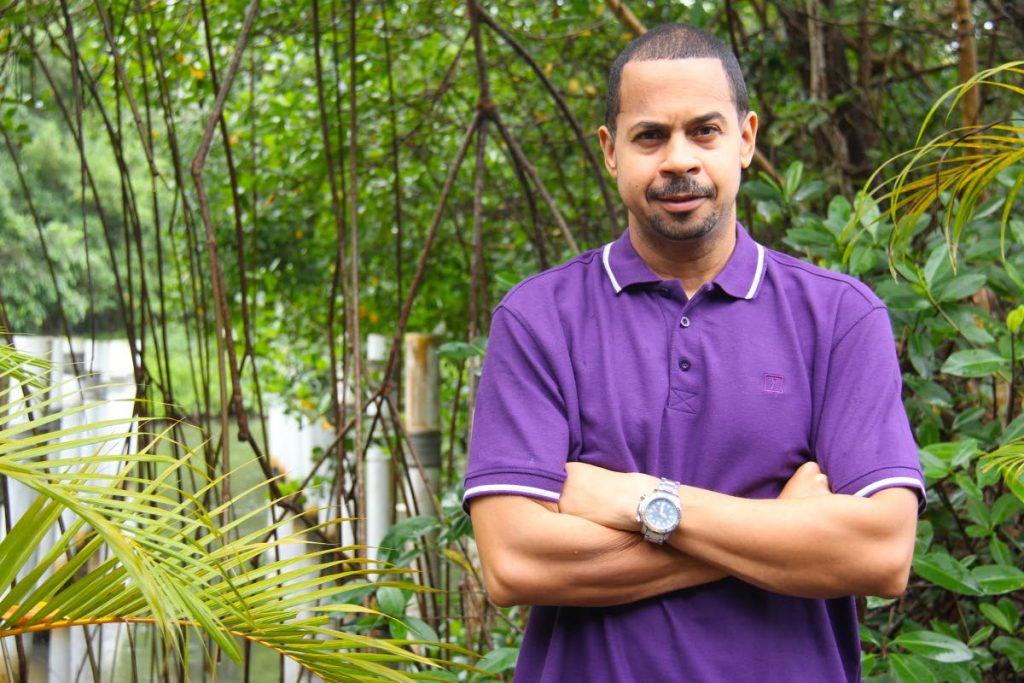What’s the post-lockdown plan?

HAS Trinidad and Tobago changed sufficiently to adapt to a world reshaped by a pandemic? No need to wait for the next season for that answer – it's a no.
During the lockdown last year, citizens were seduced by the fallacy that all we needed to do was to “hold strain.” If we could just be disciplined enough to stay at home for a couple of weeks, we could ease back into normal patterns. Remember that? Well, we are currently living through the deadly consequences of that miscalculation.
The WHO and many others plainly warned lockdowns were not a solution. In addition to vaccines, countries would have to dramatically change the way they operate to eventually climb out of our doomsday shelters.
During TT's first lockdown, we avoided the education needed to trigger cultural and behavioural changes. Additionally, technology wasn't embraced to work around limitations imposed by the contagion. In the public and private sectors, ways of working didn't evolve appreciably to stave off the threat.
We didn't use the 2020 lockdown to learn. Instead of changing ourselves, we were waiting for external factors (the pandemic) to change. As restrictions eased, we more or less refreshed the page with lethal consequences.
Fast-forward several months and we're still holding strain – appearing set to repeat the mistakes of last year. The PM indicated TT's borders will reopen next month. A return to in-class schooling by September was also floated. An end to public health ordinances is scheduled for July 4 (as of this writing).
How have the last two months been used to prepare to face the future?
As of June 24, the percentage of fully vaccinated citizens stood just over four per cent. It's difficult to imagine this figure moving appreciably by the end of next month. Even if it did, that wouldn't be the end of the story.
There is a palpable sense that vaccination is the path to salvation. No doubt inoculation is crucial to bolstering our defences. Vaccines are, however, just a part of an overall strategy.
What systems, for example, are in place for a reopening of the borders? Merely digesting sporadic repatriation flights, according to reports, seemed beyond our capabilities.
In other Caribbean territories that opened their borders long ago, they're using technology like apps and barcodes for the safe and seamless management of their borders. We're still juggling duplication of paperwork and wits in a chaotic process. So what mechanisms have we developed for the efficient processing of travellers to TT?
It isn't vastly different in the work environment. To date technology still hasn't been fully leveraged to reduce congestion in public and private spaces. Many vital public services that could be entirely migrated online simply haven't been. The renewal of passports and driver's permits, for example, are still governed by archaic processes. People mistake an online appointment system with an online service. I can book appointments for either of these services online but I still have to “go in tong” to get through the bulk of the process.
When I renewed my US visa I was able to do this entirely online. I dropped my then-valid passport off at DHL and it was returned to me a few weeks later. It's always amazing to witness progressiveness co-existing with backwardness.
Work-from-home, wherever applicable, and rapid testing should already be a way of life here, allowing businesses to operate more safely. Our management of this crisis, though, is focused more on what will be allowed to exist, rather than innovating tactics to enable their existence.
Ongoing education, technology and a willingness to innovate are factors that will see us through this crisis. If history is the truest predictor of future success, then it's also the surest harbinger of failure.
There's a lot of noise of “declining infections.” What's to stop them from going right back up with increased human movement and interaction when the economy is reopened without herd immunity and a return to our old, stubborn ways?
Ultimately, it's robust systems and strategies that will give us a fighting chance; exactly what we don't have. The truth is, without transformation of how we operate, the immense sacrifices endured over the last 15 months have been in vain. People have suffered through job loss and being locked out of their country in the name of a pause button masquerading as a strategy.
No measures were pioneered to give us systems evolved to cope with a pandemically-reshaped world. We will emerge from our cave of seclusion as caveman-like as we were when we went in.


Comments
"What’s the post-lockdown plan?"